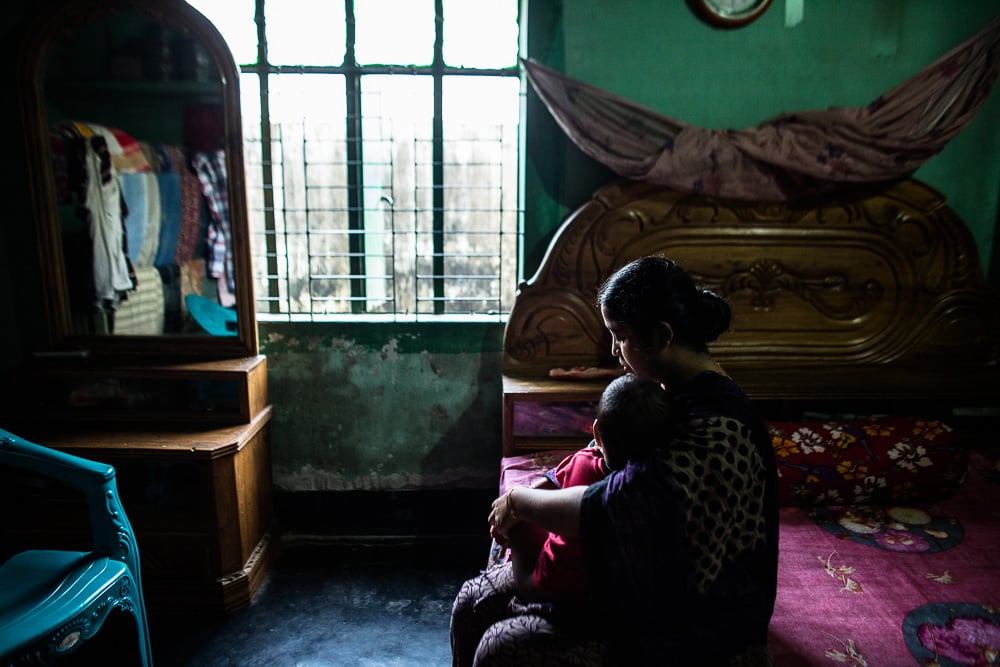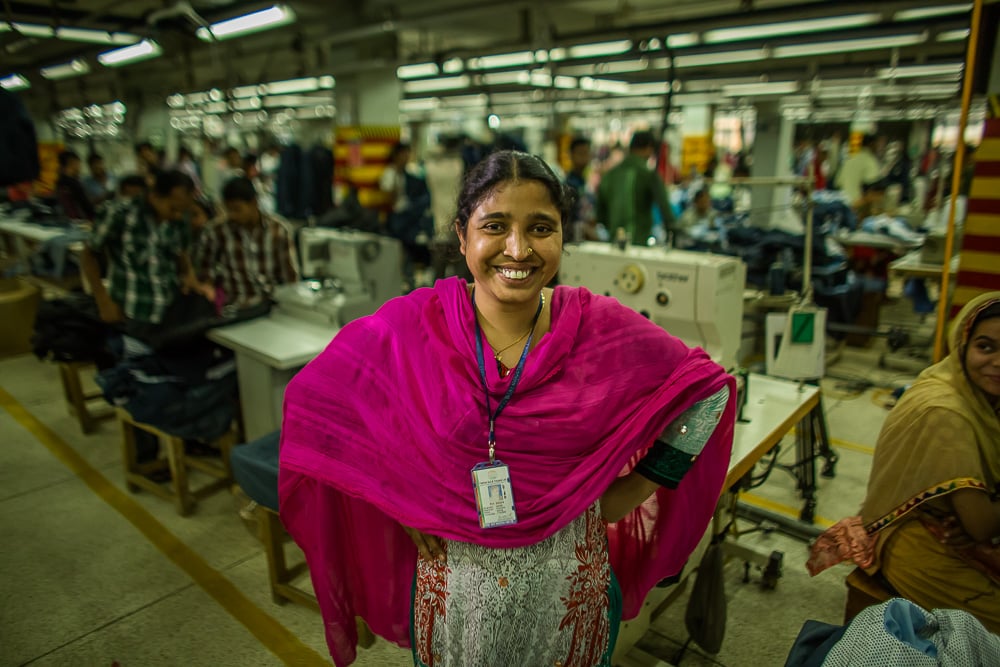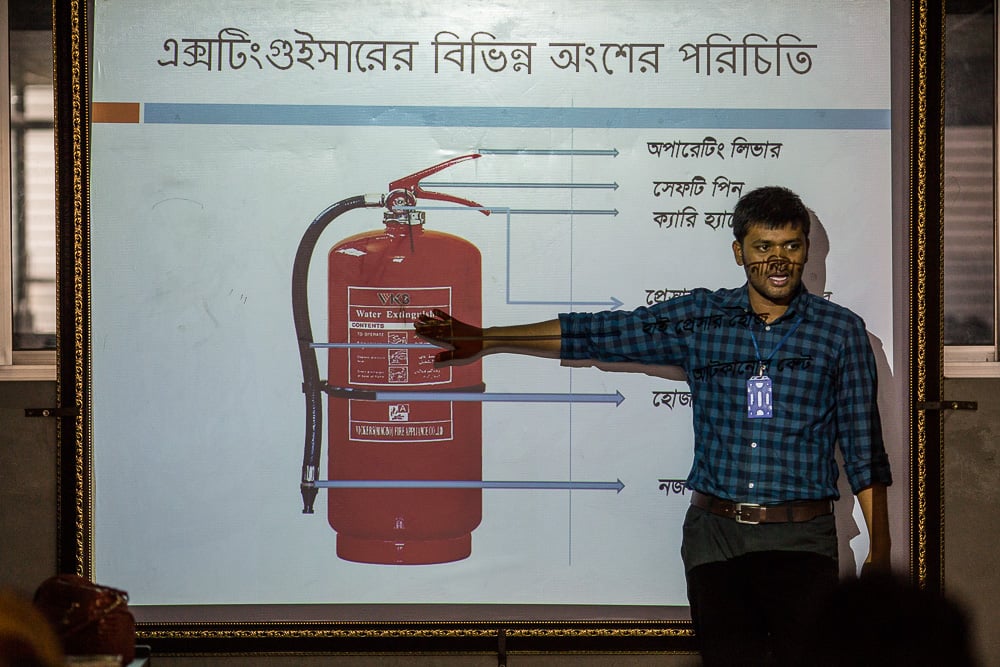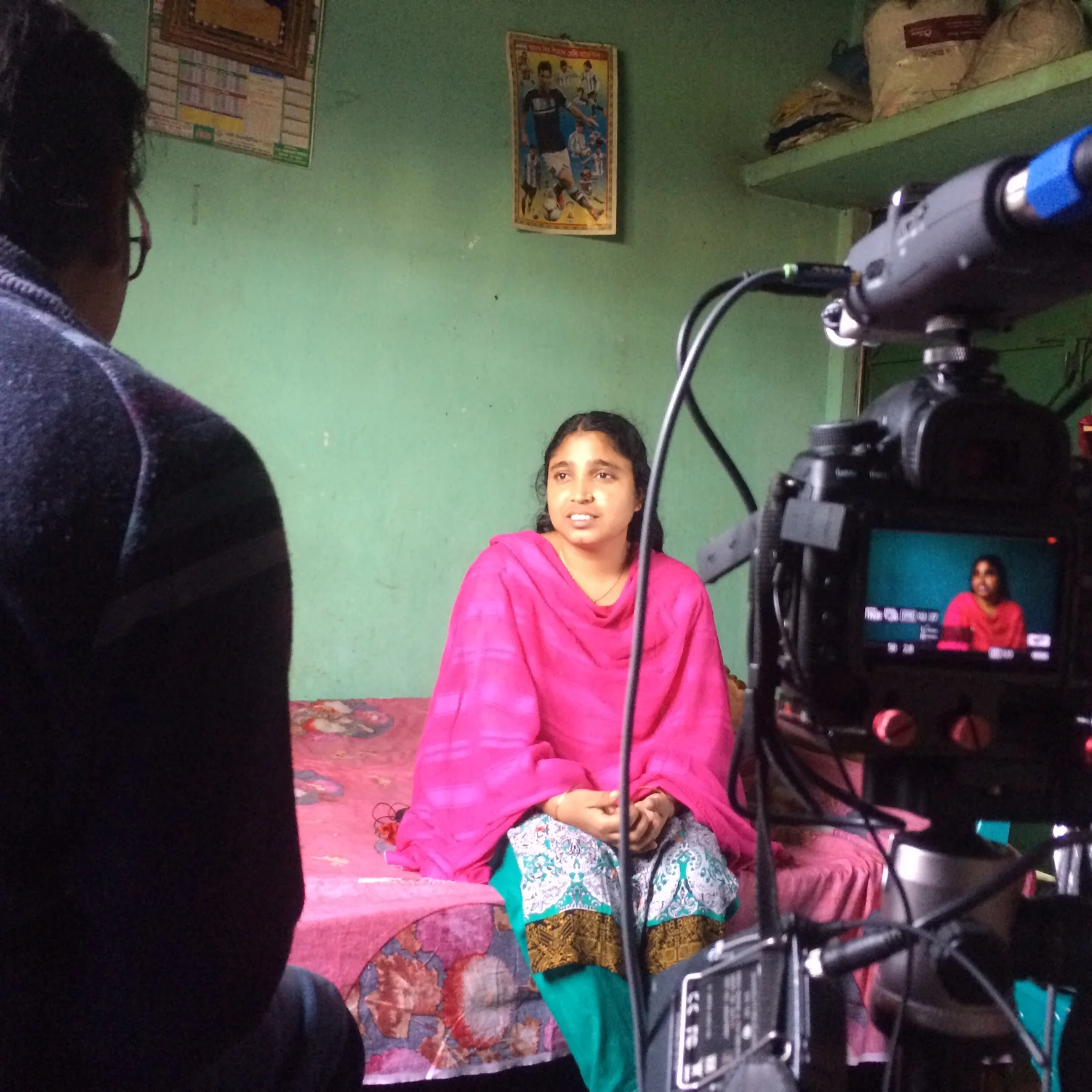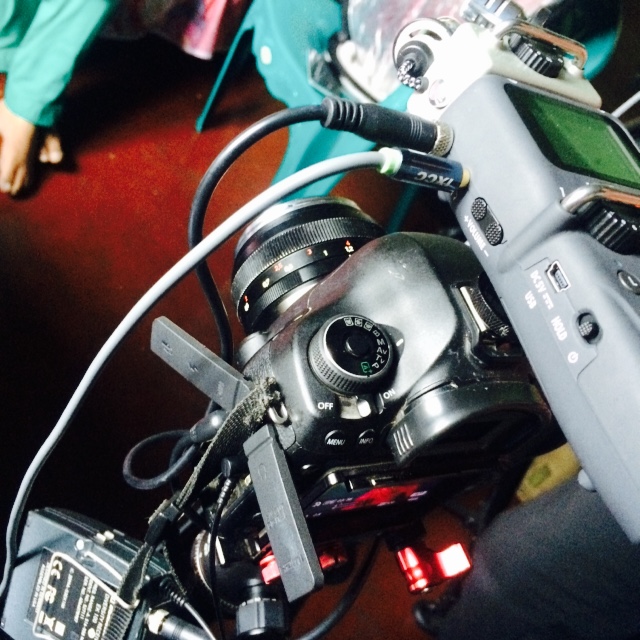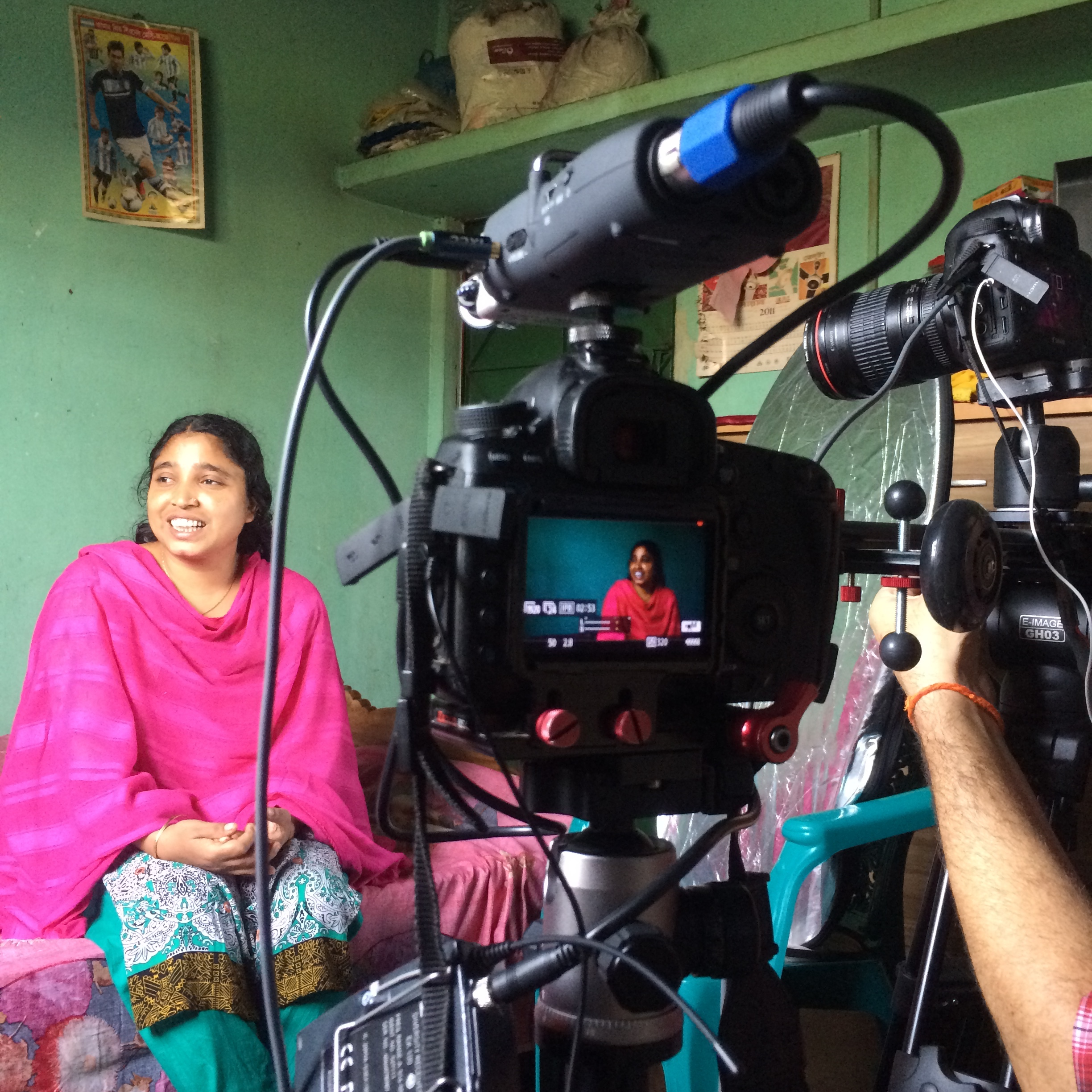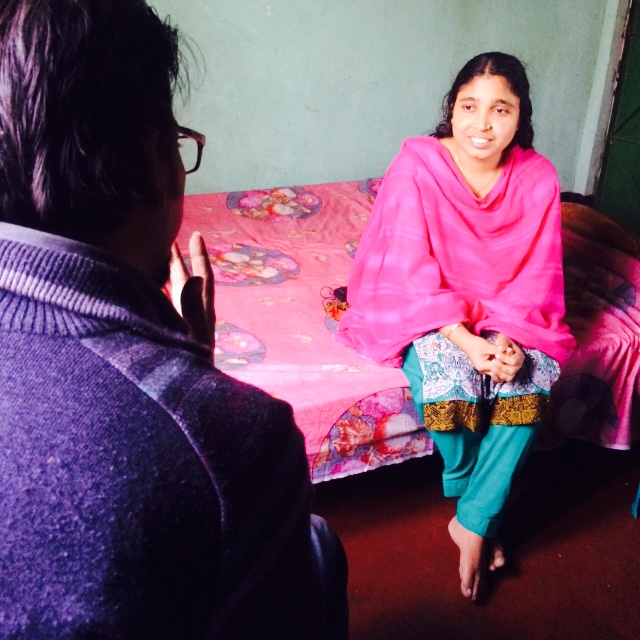Background: USAID’s Democracy and Governance (DG) activities support the goal of Bangladesh becoming a middle income country by 2021 by promoting democratic institutions and practices. Bangladesh’s economy has benefited significantly in recent decades from a thriving garment sector, with estimated exports of $21.5 billion in 2012-13. The industry is estimated to directly employ between 3.5 - 5 million people and as many as 10 million indirectly. Approximately 80 percent of the workforce in the garment industry is women, many of whom are migrants from poor households in rural districts. Worker protection has failed to keep pace with the explosive growth of the garment sector in the past two decades.
USAID asked us to produce a film to demonstrate how USAID’s support has contributed in protecting workers’ rights, getting union registrations, developing capacity of young men and women workers and contributing to uphold labor/human rights.
Challenges: Our first challenge was identifying the right subject who worked in a factory throughout the transformative changes in workers rights who could explain what it was like before and what it is like now. Our second challenge was identifying someone who met this criteria whose factory would also let us film inside. Because of all the bad press around garment factories in Bangladesh many factories are closed to the press. We started by talking with the U.S. Embassy staff and their implementing partner, Solidarity Center, about their programs and potential subjects for our film. They identified a handful of potential options whom we called and conducted pre-interviews over the phone to get additional details about their family, where they work, and their involvement with unions. On the other side Solidarity Center liaised with the factory leadership to request approval to film inside.
Outcome: We produced a 4 minute film and 30 second trailer about Shahara Khatun, 28—a garment factory worker who moved hours away from her family to make H&M blazers at East West Industrial Park in Gazipur, Dhaka District. The factory was very accommodating and let us film inside for half a day. With the money she earns she supportsher parents, husband and two sons. When she first started at the factory 7 years ago, conditions were rough. She did not get paid on time, she didn’t have paid leave, and they couldn’t talk to management to address problems. After joining a trade union, Shahara learned about workers rights and labor laws. Her union elected her as the general secretary and together they negotiated better working conditions at the factory. Now, they can discuss issues with management, they get paid on-time, they have daycare at the factory to keep their children, and they have scheduled leave. With her income, she supports her eldest son’s education and has bought a plot of land next to her parents’ house where she’ll build a new house for her family.
Client: USAID Bangladesh
Initiative: Democracy & Governance
Partner: Solidarity Center
Subject: Shahara Khatun, 28
Location: Gazipur, Dhaka, Bangladesh
About the Client: USAID is the lead U.S. Government agency that works to end extreme global poverty and enable resilient, democratic societies to realize their potential.
Production: Mehedi Hussain
Translation: Mehedi Hussain / Ahsan Khan (USAID)
Videography: Josh Estey / Morgana Wingard
Photography: Josh Estey
Editing: Sarah Grile
Music: Ryan Huff



